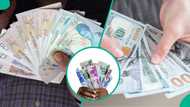
The Nigerian currency, the naira, gained about N37 in the last 10 days, making dollar hoarding risky, as the Central Bank of Nigeria (CBN) continues to intervene.

The Nigerian currency, the naira, gained about N37 in the last 10 days, making dollar hoarding risky, as the Central Bank of Nigeria (CBN) continues to intervene.
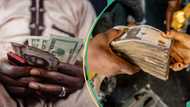


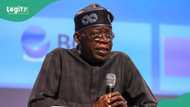





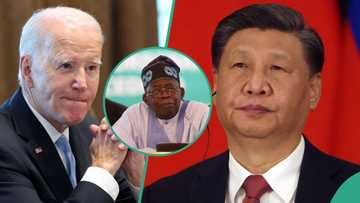
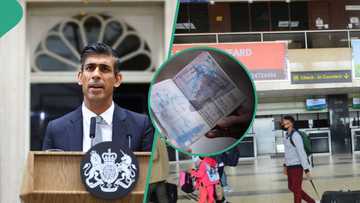

The Nigerian government has spent about N2.34 trillion servicing both foreign and domestic debts in the first half of 2023 but left out Chinese loans.

Inflation for the month of August has surged to 25.80% for the month as the prices of food and transport cost contributed to the rise in the recent inflation figure.

The naira crashed to an all-time low of N955 per dollar at the parallel market and traded at N780 per dollar in the official markets, the highest since June.

The Central Bank of Nigeria (CBN) has denied a social media story stating that it will soon introduce a policy that will make the dollar at par with the naira soon.

After seven years, the Nigerian Upstream Petroleum Regulatory Commission has selected 42 companies to implement the Nigerian Gas Flare Commercialisation Programme.

The CBN instructed local banks to use gains in their foreign currency (FCY) holdings and liabilities as insurance against potential declines in the FX rate.

Clearing agents operating in the seaports have written to President Bola Tinubu to intervene in the new policy introduced by the Central Bank of Nigeria (CBN).

About 10 banks in Nigerian banks, led by Ecobank recorded about N1.19 trillion in salaries, charges, IT costs and other operating costs in the six months of 2023.

The Nigerian government could not service Chinese and other bilateral loans in the second quarter ending June 30, 2023 but paid $1.7bn in debt servicing in H1 2022.
Economy
Load more